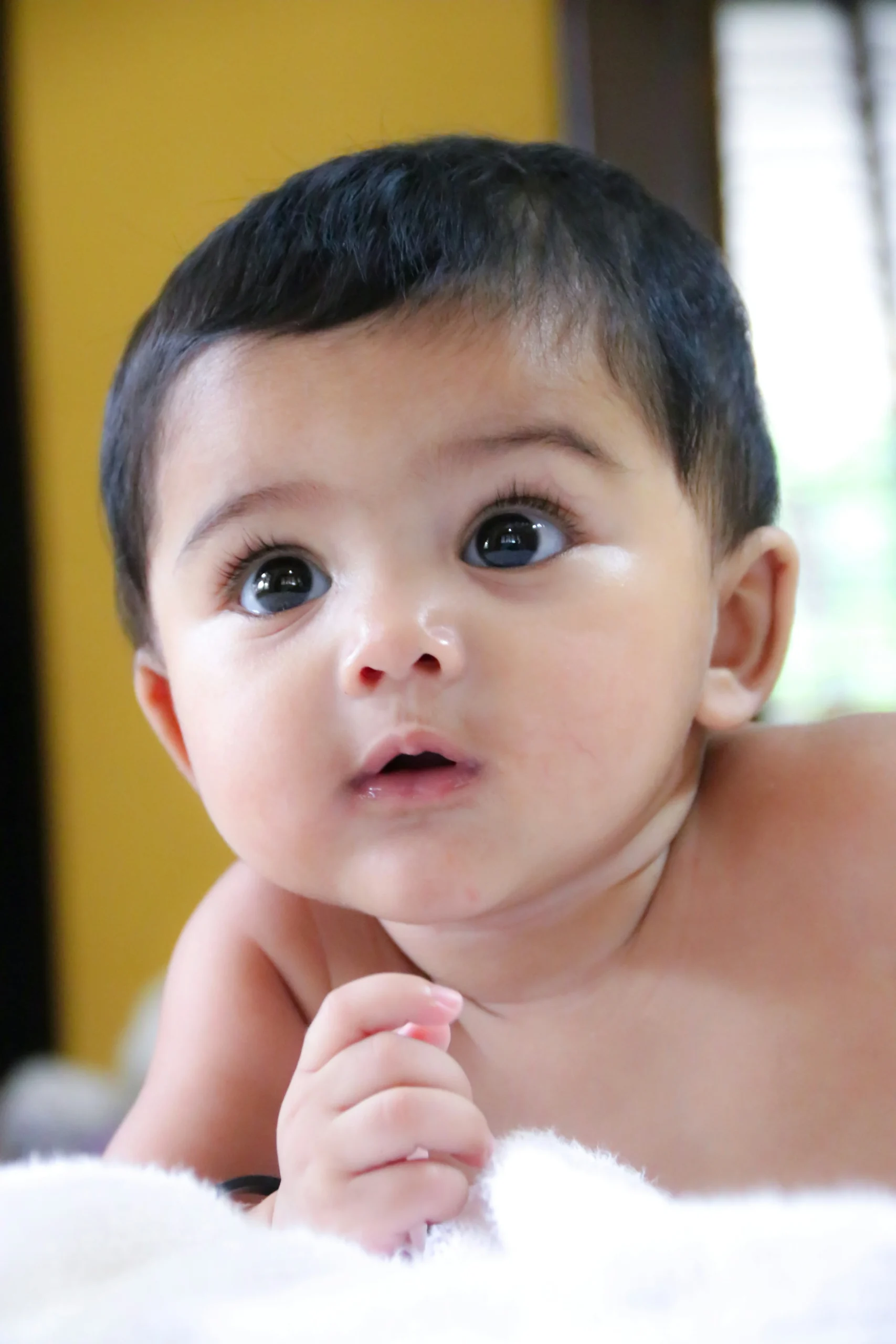Parenting
By Jessica Davis
When my son Liam was born, he quickly revealed himself to be an exceedingly curious child. Rather than crawling or walking, he preferred to listen attentively as I read to him or babble away about his favorite stories. As he transitioned into toddlerhood, his passion for learning only intensified—he loved to showcase letters and numbers from flashcards. Now at three, he can discuss the differences between the Jurassic and Triassic periods, identify what great white sharks eat, and even share his opinions about various types of squid. Oh, and he has an unwavering preference for running around without pants—because, well, he’s three.
Naturally, I think he’s brilliant because, as any parent will attest, we all believe our children are uniquely special. Others have pointed out his intelligence and hinted that he might be “advanced,” but I can’t help but feel a bit uneasy about it. The truth is: whether or not he’s “gifted” doesn’t really matter.
Yes, you read that correctly. Take a breath—it’s okay. I’m saying that it doesn’t matter if my child is “gifted” or exceptionally “smart.” And, honestly, the same goes for your kids.
Many of us recall the school days when students were classified into “gifted and talented” programs, creating an artificial divide between those deemed exceptional and those who were considered average. We labeled some kids as destined for greatness and others as simply ordinary. However, here’s the punchline: it ultimately didn’t make a difference. Now that we’re adults, if you reflect on your peers from those programs, you’ll find that their life paths are often quite similar. The so-called “gifted” individuals could be making groundbreaking strides in science or be found gaming in their parents’ basement. The distinctions made back then don’t truly predict lifelong success, despite the stress and importance we placed on them.
Moreover, research has shown that the notion of “gifted” students thriving only among their high-achieving peers is flawed. Studies reveal that those in gifted programs frequently perform on par with their non-gifted counterparts. Despite the funding and focus on identifying giftedness, the outcomes often don’t justify the hype.
So, if I were to label my child as “gifted,” what would that entail? In high school, will he still need to study hard to earn good grades? Will he still tackle classic literature like Beowulf? And if he doesn’t get accepted into a prestigious university, should I pen a dramatic letter to the admissions office, detailing how he knew the difference between a pterodactyl and a pteranodon before he could even speak?
And let’s not forget my daughter, who just turned one. She can’t recite the alphabet yet, and her current hobbies include snacking on dog food and trying to climb into the toilet. Whether she’s “gifted” or not is irrelevant—she’s just a baby.
Honestly, it feels unjust to treat one child differently than the other based on arbitrary notions of intelligence. My husband and I prioritize providing both of our kids with equal opportunities and encouragement. If one aspires to attend an Ivy League school, we’ll support that dream wholeheartedly. If the other wants to become a professional sign-spinner, we’ll cheer them on in that pursuit instead.
The National Association for Gifted Children encourages personalized learning experiences tailored to each child’s unique abilities. But shouldn’t that principle apply to every child? Whether a child faces developmental challenges or feels stifled in a traditional classroom, both parents and educators should strive to help them thrive. Many children with intellectual disabilities can also excel in higher education and beyond, given the right opportunities. Ultimately, I believe that hard work is a more crucial determinant of success than innate intelligence, and that’s where our focus will lie as parents. Rather than praising them with “You’re so smart,” I’ll emphasize their effort by saying, “You really worked hard on that.” After all, intelligence is largely a matter of luck—so why should it be more deserving of praise than the dedication they put forth?
I often hear parents casually bragging about their toddlers’ milestones while others fret that their children are lagging behind. To both groups, I say this with the utmost sincerity: it doesn’t matter. You’re noticing these details because you care deeply, and that makes you an amazing parent. Thanks to your commitment, I’m confident that you’ll provide your children with every opportunity to succeed, and they will indeed shine.
Every child possesses unique gifts and talents, and that’s exactly why we, as parents, feel our children are so special. They truly are! So instead of labeling which kids are gifted, let’s celebrate the individuality and talents that make each of our children extraordinary. For further insights on parenting and child development, you might find our discussion on the importance of nurturing children’s unique abilities enlightening here. And if you’re considering options for at-home insemination, you can check out a reputable retailer like this link for syringe kits. For more information on infertility and related topics, this resource is an excellent option.
In summary, whether or not our kids are labeled as “gifted” doesn’t define their potential or our parenting. What truly matters is the love, effort, and opportunities we provide them.

Leave a Reply